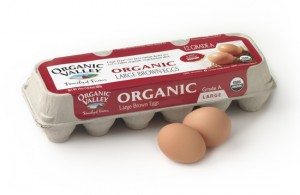 By Lorri Ballance Laird, LuxEco Advocate
By Lorri Ballance Laird, LuxEco Advocate
For many consumers, eggs are a staple in their diet. What’s better than a yummy omelet or frittata on a Sunday morning? While many food-conscious consumers make an attempt to buy products that are produced organically and/or sustainably, they may be getting duped when reaching for that carton of eggs labeled “organic” or “free-range.”
A new report from The Cornucopia Institute, Scrambled Eggs: Separating Factory Farm Egg Production from Authentic Organic Agriculture, warns consumers of the trend of factory farms jumping on the organic bandwagon. According to the Institute, “For…industrial-scale producers, “organic” appears to be nothing more than a profitable marketing term that they apply to the agro-industrial production system.” These producers are simply substituting organic feed and eliminating harmful synthetics, such as pesticides and antibiotics, the Institute claims.
According to the Animal Welfare Institute, four or more hens on factory farms are typically packed into a battery cage, a wire enclosure so small that the hens cannot spread their wings. The close confines cause the hens to peck at each others’ feathers and bodies. To address this situation, egg producers cut off a substantial portion of each hen’s beak, causing pain and difficulty eating.
The Cornucopia Institute reports that these factory farms are now putting up to 85,000 hens in a single building without cages and offering tiny concrete or wooden porches as “outdoor access” in order to be able to market their eggs as free range or organic. Approximately 80% of the organic eggs on the market today are produced this way, according to the Institute.
So, what can you do to ensure that your eggs come from an ethical organic and/or free-range farm? Check out the Cornucopia Institute’s Organic Egg Scorecard, which is based on more than a year’s research into the organic egg business. The scorecard rates companies that market name-brand and private-label eggs based on 22 different criteria, including legal and legitimate outdoor access and adherence to organic principles such as farm diversity and nutrient cycling.
Now consumers have one more resource to help them make ethical food decisions before hitting the grocery aisle.


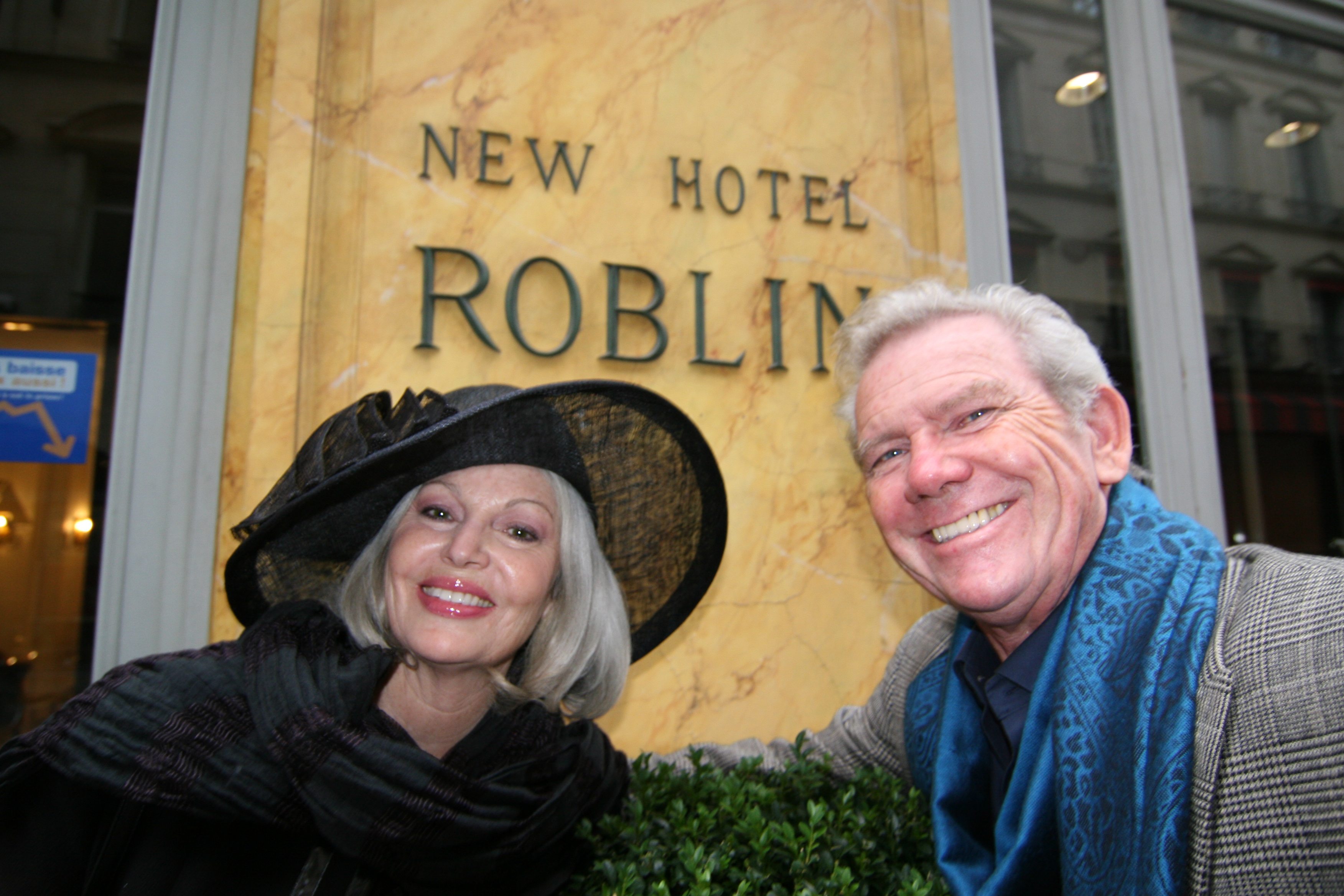







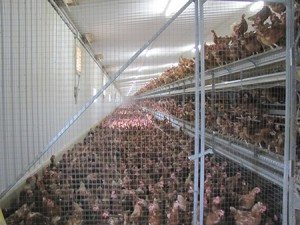
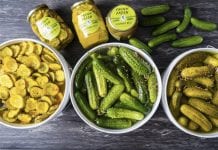
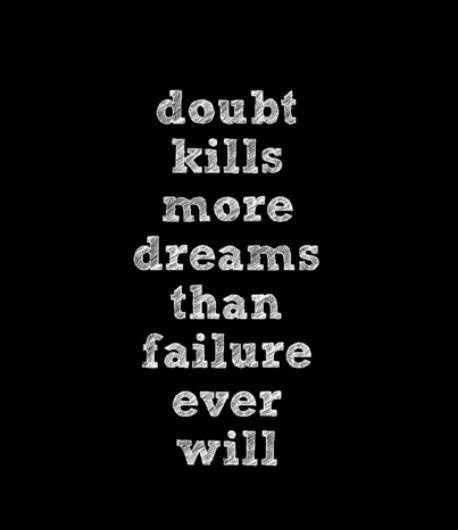


Thanks for this important article!
I have been buying “cage free” eggs since learning more about how the caged hen factory farms literally torture these poor animals slowly to death.
It is so important to know where our food comes from, and I was afraid that this new “awareness” and higher profit margins would lead to a lot of abuse too…
Please publish the names of the good producers as well as the bad ones for all to see!!
At least they don’t feed them Genetically Modified Corn. That is a huge step. Granted it is just a step, but it is better than had they not taken this step.
The term “Cage Free” is just another marketing ploy in most cases, it seems :/ It disgusts and saddens me to see that and all the other misleading terms on the eggs cartons in the store.
I’ve been to my egg farmer’s place and know for sure why our eggs taste so incredible 🙂
Blessings!
considering chicken are social animals and prefer to coop up with other chickens, the whole cage-free and free-range thing is pointless anyway.
Personally, I just do without eggs altogether. They’re just not worth the hassle. Scorecards like this are great in theory, but how often are they updated to reflect changes at the farms?
I visited an organic egg farm. It was amazing and and the hens are very well treated. They are free run and go outside. Also live with roosters and can perch. This is a family owned farm and the eggs are hand picked. Be careful when buying eggs and do so research on the farm where they are coming from.
@PrincessHalder 1 unfollowed you between 3PM and 4PM. See who: http://t.co/x75PnCiF